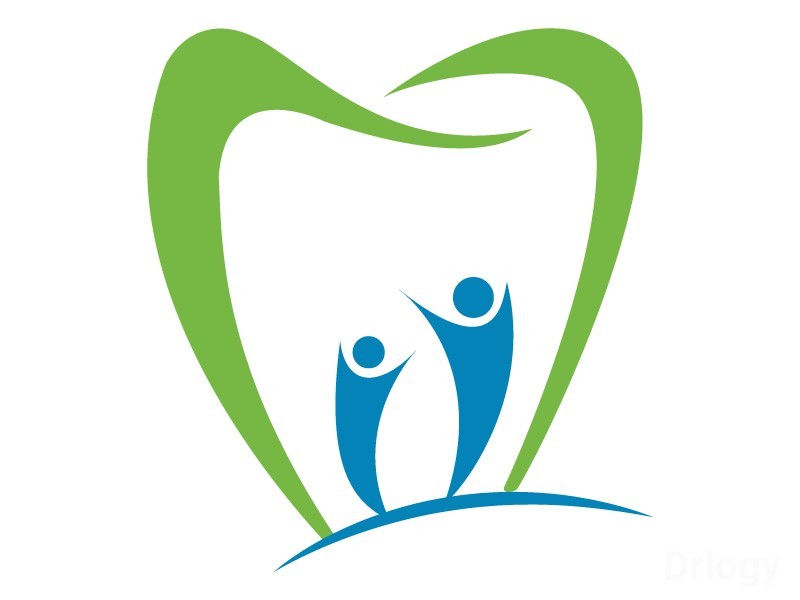Contact : +919036993516
Affordable Dental Care: Ensuring Oral Health Without Breaking the Bank
Maintaining good oral health is essential for overall well-being, but the rising costs of dental care can often be a barrier for many individuals and families. Fortunately, there are various options and strategies available to make dental care more affordable without compromising quality. Understanding these options can help you prioritize your dental health while managing your budget effectively.
The Importance of Regular Dental Visits
Regular dental check-ups are crucial for preventing oral health issues before they become more serious and costly to treat. These visits typically include examinations, cleanings, and necessary X-rays, allowing dentists to detect problems such as cavities, gum disease, and oral cancer early on. By investing in preventive care, individuals can avoid the need for extensive treatments down the line, ultimately saving money in the long run.
Options for Affordable Dental Care
-
Dental Insurance: One of the most common ways to reduce dental costs is through dental insurance. Many employers offer dental insurance plans that cover a significant portion of preventive and restorative services. If you’re self-employed or your employer does not provide dental coverage, you can explore individual plans that fit your needs and budget. Be sure to read the fine print to understand what services are covered and any waiting periods.
-
Discount Dental Plans: These plans are an excellent alternative for those without insurance. For an annual fee, members can access reduced rates on dental services from participating providers. This option can be especially beneficial for families who require regular dental care and want to save on out-of-pocket expenses.
-
Dental Schools: Dental schools often offer low-cost dental services performed by students under the supervision of experienced faculty. This is a great option for individuals seeking basic dental care or specialized treatments at a reduced cost. While services may take longer due to the training process, the quality of care is generally high, and patients can receive treatments at a fraction of the usual cost.
-
Community Health Centers: Federally qualified health centers and community clinics often provide dental services on a sliding fee scale based on income. These facilities aim to make healthcare accessible to low-income individuals and families, ensuring that everyone has access to necessary dental care.
-
Payment Plans: Many dental offices offer flexible payment plans or financing options for more extensive treatments. These arrangements can help spread the cost over time, making it easier for patients to manage their expenses. Be sure to inquire about any interest rates or fees associated with these plans.
Preventive Care at Home
In addition to seeking professional dental care, maintaining good oral hygiene at home is vital for preventing costly dental issues. Brushing at least twice a day with fluoride toothpaste, flossing daily, and using mouthwash can significantly reduce the risk of cavities and gum disease. Additionally, a healthy diet low in sugar and acidic foods can contribute to better oral health.
Conclusion
Affordable dental care is achievable through various strategies and resources available to patients. By prioritizing preventive care, exploring insurance options, utilizing community resources, and maintaining good oral hygiene at home, individuals can keep their teeth and gums healthy without incurring overwhelming expenses. Remember, investing in your oral health is an investment in your overall well-being, and there are always options to make it more affordable. If you are in need of dental care, don’t hesitate to explore these avenues to ensure you and your family maintain healthy smiles.

.jpg)